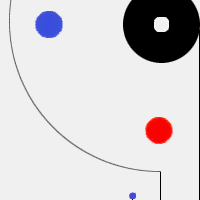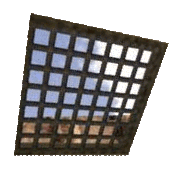I don't mind models, they just let you try something on for size. With a good mathematical model, you can do some testing like what you would do with a physical model. But if your modeling tools are good, you can change parameters easier than rebuilding the physical model to test a change. Once you're close, make a physical model to confirm your expectations.Then again, I think you might be talking about synthesized filters. There are "modeling amps" that are made to let you choose a preset sound. It's for guitarists and musicians and that's a whole different deal.
The thing that I find useless is the number of audio patents for silly stuff. I'm all for intellecual property, it's arguably more important than physical property. Good ideas are valuable, a better mousetrap catches more mice. But what's with the patented pet rocks? Most patents are marketing ploys, nothing more. It's a way to lend credibility to an otherwise meaningless proposition. That way you can say you've got a "patented dog polisher" instead of just a dog polisher and hope people are impressed.
When I see the words "patent pending" on an audio product, I know for sure it's a dud. I can't think of an audio related patent made in the last half century that impressed me. I don't think there has been a legitimate invention in audio since probably the transistor. Lots of good implementations of existing technologies and lots of incremental improvements. Those are important, in and of themselves. But when I see an audio device with the words "patent pending" on it, I can't help but immediately discount it as lacking real usefulness, and trying to borrow some credibility via the PTO instead.











